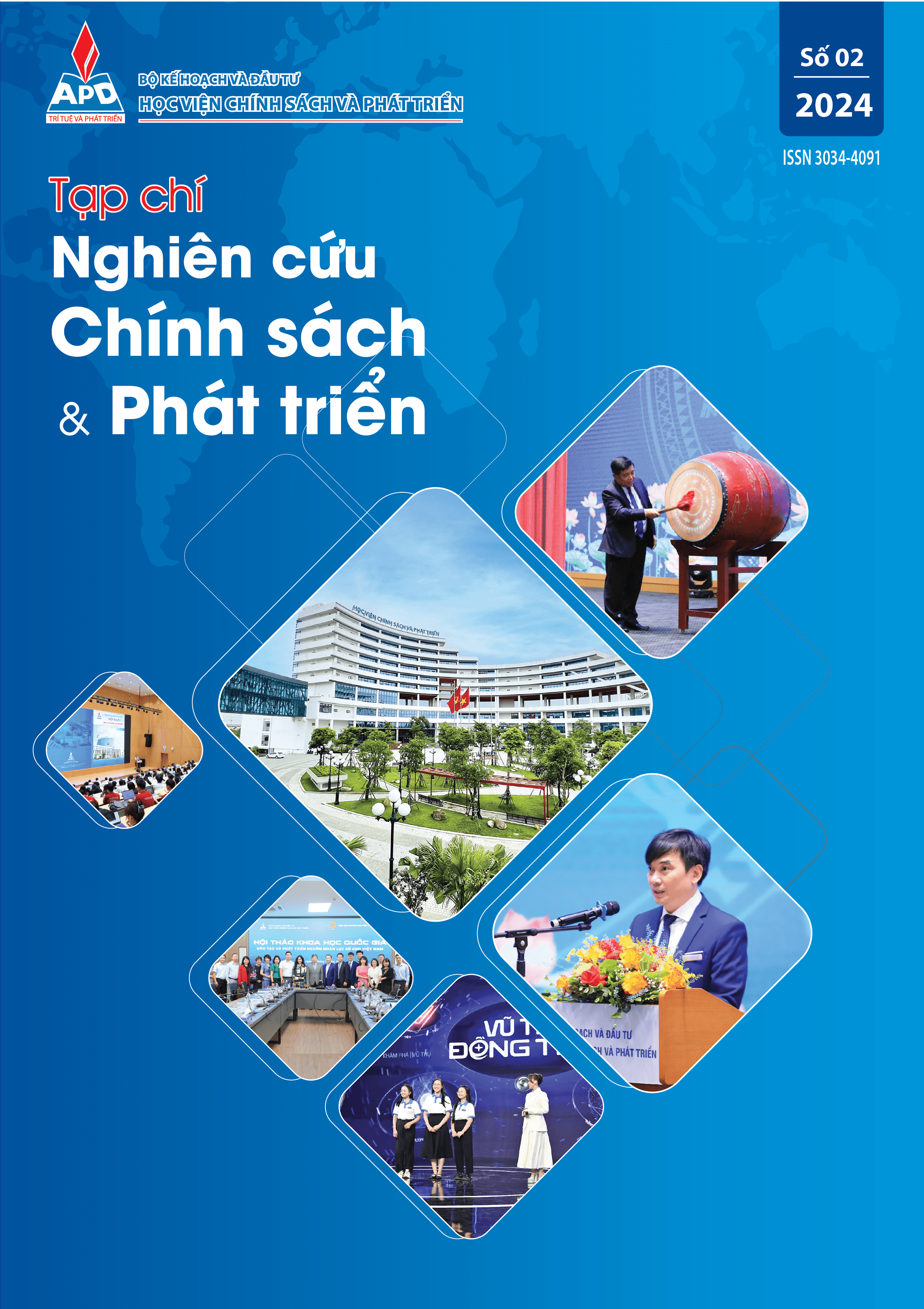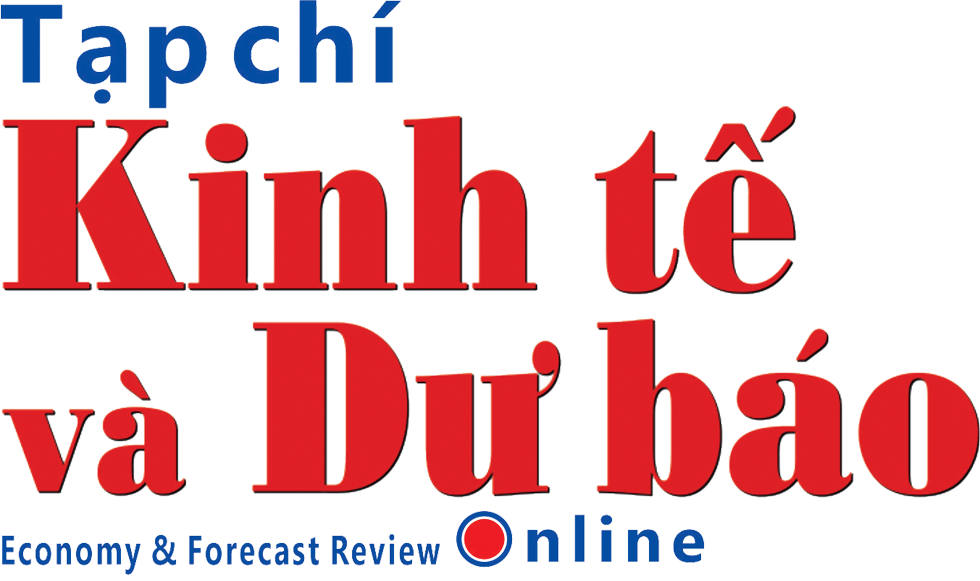Tăng cường đào tạo nâng cao năng lực phòng, chống rửa tiền trong bối cảnh hiện nay
Downloads
Published
How to Cite
Issue
Section
Keywords:
training, prevention and combat of money laundering, bank, VietnamAbstract
In recent years, money laundering has emerged as a significant issue for many countries around the world and is a matter of concern for the international community. Vietnam, in particular, presents numerous favorable conditions for money laundering activities, especially within the banking sector. Enhancing training capacity for anti-money laundering efforts plays a crucial role in combating this issue in the current context. This article focuses on assessing the risks of money laundering, analyzing the current state of training programs aimed at enhancing capacity for anti-money laundering in the banking sector, and proposing solutions to strengthen such training initiatives in Vietnam.
References
1. Aluko, A., & Bagheri, M. (2012). The impact of money laundering on economic and financial stability and on political development in developing countries: The case of Nigeria. Journal of Money Laundering Control, 15(4), 442-457.
2. Bartlett, B. L. (2002). The negative effects of money laundering on economic development. Platypus Magazine, (77), 18-23.
3. Hendriyetty, N., & Grewal, B. S. (2017). Macroeconomics of money laundering: effects and measurements. Journal of Financial Crime, 24(1), 65-81.
4. Idowu, A. (2012). Anti-money laundering policy and its effects on bank performance on Nigeria Dept. of Management and Accounting Faculty of Management Sciences. Global Journal of Management and Business Research, 12, 17.
5. Liên Hợp Quốc (1988). Công ước Liên Hợp Quốc về chống buôn bán bất hợp pháp các chất ma tuý và chất hướng thần năm 1988 (Công ước Viên).
6. Liên Hợp Quốc (2000). Công ước của Liên Hợp Quốc về chống tội phạm có tổ chức xuyên quốc gia năm 2000 (Công ước Palermo).
7. Mohammed, S. A. S. (2021). Money laundering in selected emerging economies: is there a role for banks?. Journal of Money Laundering Control, 24(1), 102-110.
8. Ngân hàng Nhà nước Việt Nam (2019). Báo cáo kết quả đánh giá rủi ro quốc gia về rửa tiền, tài trợ khủng bố giai đoạn 2012-2017.
9. Quốc hội (2012). Luật Phòng, chống rửa tiền, số 07/2012/QH13, ban hành ngày 18 tháng 6 năm 2012.







